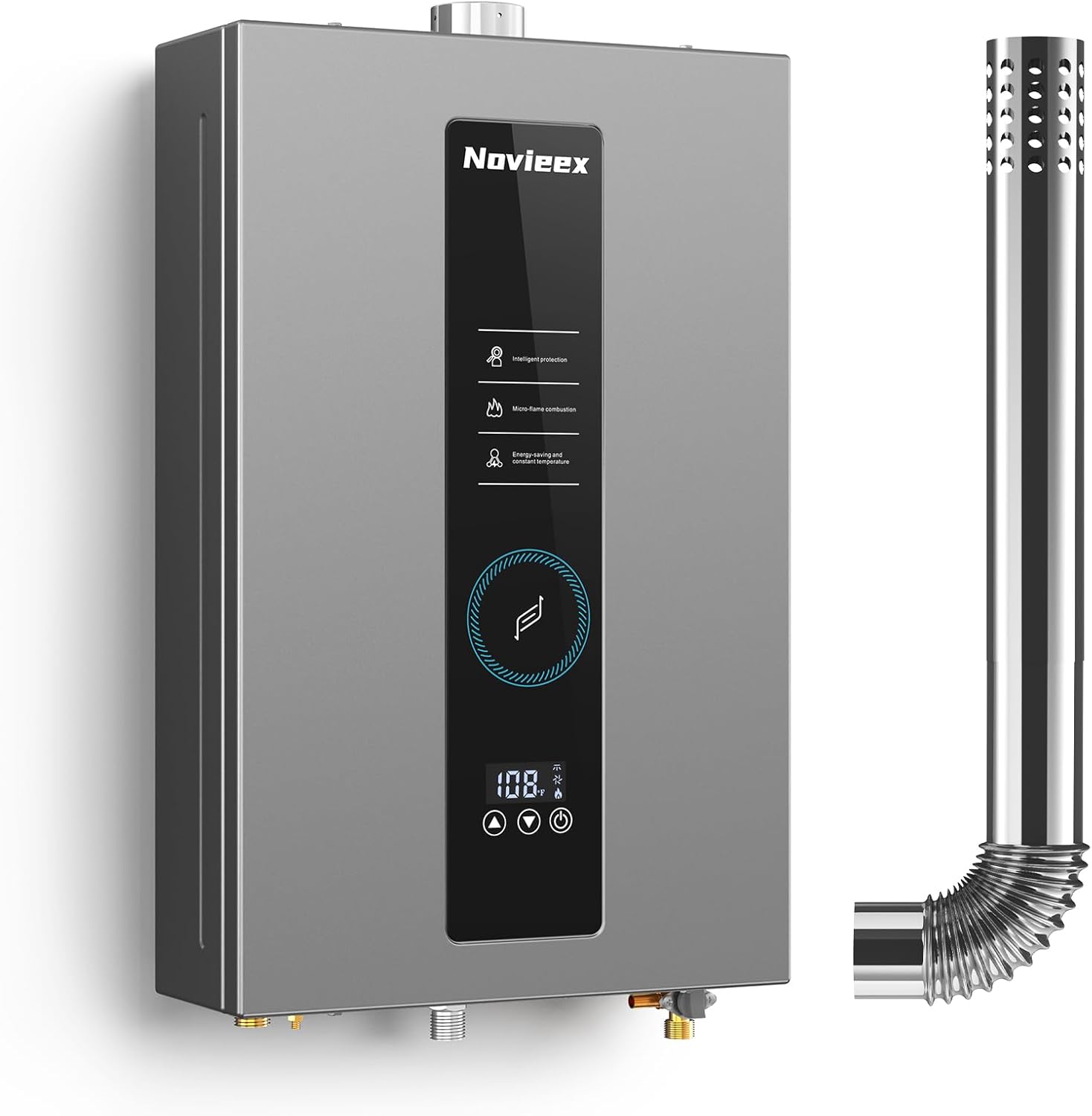To determine the right space heater size, calculate the room’s square footage and aim for 10 watts per square foot for effective heating.
Selecting the correct space heater size is crucial for comfort, safety, and energy efficiency. A heater that’s too small won’t warm your space effectively, while one that’s too large will waste energy and may create uncomfortable temperature swings.

Space Heater Sizing Basics
The key factor in choosing a heater is wattage relative to room size. As a general rule:
- Small rooms (100-150 sq ft): 150 watts per square foot
- Medium rooms (150-250 sq ft): 250 watts per square foot
- Large rooms (250-400 sq ft): 400 watts per square foot
For example, a 200 sq ft room would need about 5,000 watts (200 x 25). Our guide to space heaters for 200 sq ft rooms provides specific recommendations.

Factors Affecting Heater Size
Room Characteristics
Consider these room-specific factors:
| Factor | Adjustment |
|---|---|
| High ceilings (over 8 ft) | Add 10-20% more wattage |
| Poor insulation | Add 25-50% more wattage |
| Many windows | Add 10-15% per window |
| Basement location | Add 10-15% more wattage |
Heater Types and Their Coverage
Different heater technologies have varying efficiency:
- Ceramic heaters: Best for small to medium rooms (up to 300 sq ft)
- Oil-filled radiators: Ideal for medium rooms (150-400 sq ft)
- Infrared heaters: Good for spot heating or rooms up to 500 sq ft
- Propane heaters: Suitable for large spaces (check our indoor propane heater guide)
Safety Considerations
Proper sizing isn’t just about comfort – it’s critical for safety. According to Consumer Reports, overheating is a major risk with improperly sized heaters.
Electrical Requirements
Larger heaters (over 1,500 watts) typically require 240V circuits. As noted in electrical forums, a 7,500W heater needs at least a 40A circuit with #8 AWG wire – #10 AWG with a 30A breaker is insufficient and violates NEC codes.
Safety Features to Look For
- Tip-over protection
- Overheat protection
- Cool-touch exteriors
- UL/ETL certification
Special Use Cases
Garages and Workshops
For uninsulated spaces, you’ll need more power. The best garage heaters often start at 5,000 watts for a single-car garage.
Bathrooms
Smaller, moisture-resistant units around 1,500 watts work best. Look for GFCI protection and waterproof designs.
Energy Efficiency Tips
Even with proper sizing, you can optimize efficiency:
- Use programmable thermostats
- Seal drafts around windows/doors
- Run ceiling fans on low to circulate warm air
- Consider zone heating to reduce central heating use
For those interested in stylish options, our wood stove-style electric heaters combine aesthetics with functionality.
Remember that proper sizing depends on your specific needs and room characteristics. When in doubt, consult with a heating professional to ensure you select the right heater for your space.

